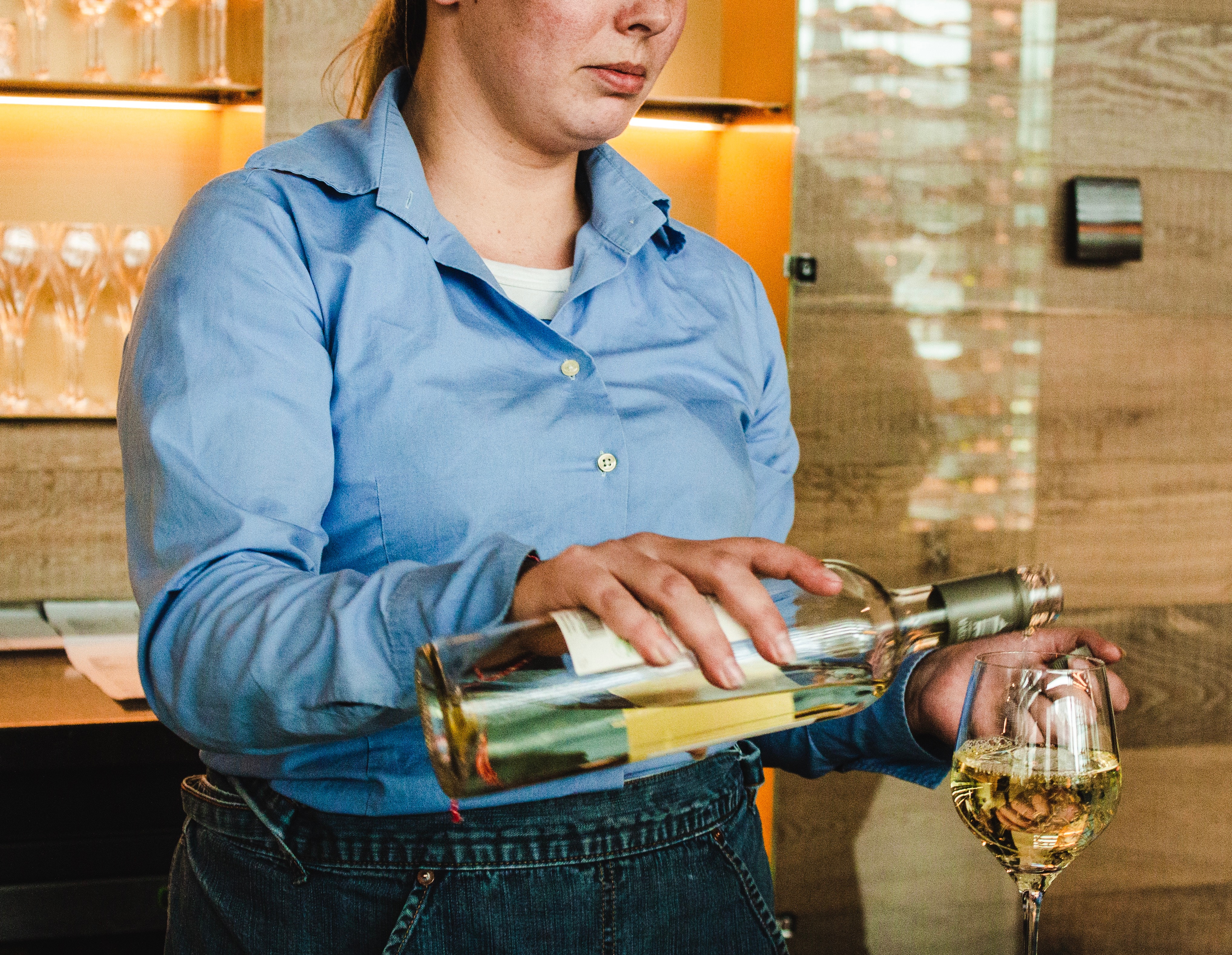In reviewing more than 4,000 mystery shops and working actively with wineries every day, we’ve heard some remarkable myths out there. Most of the myths we hear are about why it’s a challenge (or ‘impossible’) to sell wine, sell the wine club, or ask people to join the winery mailing list. Since as humans, most of us tend to remember our failures more vividly than we remember our successes, we dwell on all the reasons why we can’t sell. More often than not, we just have to get out of our own way and brainstorm ways to counter the objections, which may be mostly in our heads. Let’s bust these myths and see them for what they really are.
Top 10 Myths for Why We Can’t Sell
- People aren’t buying because of the economy.
This was true in 2009, but today the economy is doing well. Unemployment is so low in California that we have trouble finding staff. People have money and willingly spend it on treats – like our wine. - People are sick of hearing about wine clubs.
After 4,000 mystery shops, we find that staff presents the wine club about 55% – 60% of the time. This is higher in some markets (Napa/Sonoma) but even lower in other markets. This means about half (45%) or more of the people visiting our wineries aren’t even hearing about wine clubs. And those who are hearing about it, may be sick of hearing about wine clubs that are simply discount programs, when most of our clubs have other wonderful benefits beyond the wine discount. If we’re selling it in a brand-appropriate way, when we tell our guests what’s in it for them and invite them to join our really special club, they will! - Wine club members don’t buy.
We all know that our club members are our bread and butter because of how much they really do buy. Perhaps not all of our staff understand how important they are. While there are some challenges with space at times, and they may not buy every time they visit, they do bring their friends, take our regular shipments, and we become part of their celebrations. Their friends will join too if we remember to invite them. - No one wants to give their email address out, especially to a winery.
Most people will sign up to receive an email with at least one business that they love getting updates on. Everyone wants to be an insider, be the first to know about events and new product releases, and get special deals on things they want most. Email is still one of the best ways to do it. As an industry, we do a very poor job of collecting contact data (less than 35% of the time across 4,000 mystery shops). Instead of simply asking for the email address, we need to explain what’s in it for the customer. They will not be able to resist your compelling pitch due to FOMO. - You have to use discounts to sell wine or wine clubs.
Tell that to Apple… to Tiffany… to Lululemon… Strong brands tell stories that make people want to be part of something that cool. What stories should we be telling to convince our guests that they want to be part of our story? If we focus on what makes us special and people want to be part of it, using discounts is no longer important or needed to sell our products. - People only buy wines that are highly rated.
If that’s true, should we go out of business since we don’t send our wines out for ratings? Guests who are focused on ratings are looking for validation that this is a wine they will be proud to serve. But ratings aren’t the only way to validate. These folks will be happy to know which wines are club member favorites or winemaker and staff favorites, which restaurants pour our wines, and any other accolades we can describe. - People from no-ship states shouldn’t be asked to join club or buy wine.
Maybe they can’t have wine shipped to their home at present, but they have friends and family to send gifts to. They might move to a state where we can ship. They might buy our wine at stores in their home state and that’s good for our brand too. And maybe one day we will be able to ship to Utah. And then there are those dedicated wine buyers who pack wine home with them. - Single/young/old people don’t buy.
Nor do people with black/brown/red/blond hair. Nor do bald people or people with tattoos. Actually, no one buys anything anymore. Just ask Amazon. We need to remind ourselves and our team not to negatively profile our guests – never judge a book by it’s cover, and the only way we can find out if they are interested in buying is if we ask enough open-ended questions to figure out their interests. - Phone campaigns aren’t important – people don’t want to be called.
If it’s your dentist’s office calling to confirm an appointment/checkup, or a random business that you have no relationship with, we probably don’t want to answer those calls. But, everyone one wants to hear from a winery about amazing deals selected just for them. They simply don’t want to be called by someone who doesn’t understand their needs and interests. - Incentive compensation by individual team member doesn’t matter.
Sure, we’d be happy if we all got paid the same. Including Skippy who just sits in the backroom all day contemplating his navel… The advantage of an individual incentive program is the recognition it gives team member for their efforts and motivates the top performer to keep it up…and it can serve to motivate others. Set up correctly, the incentive should be one that encourages work-friendly competition in order to motivate the team member to do his / her best.
The next time you hear an excuse for not being able to sell – in a brand-appropriate way – ask yourself if it’s valid or simply a myth – one that requires each of us to look at the challenge a little differently and find a way to get to YES!
Want more? Check out these similar blogs:




